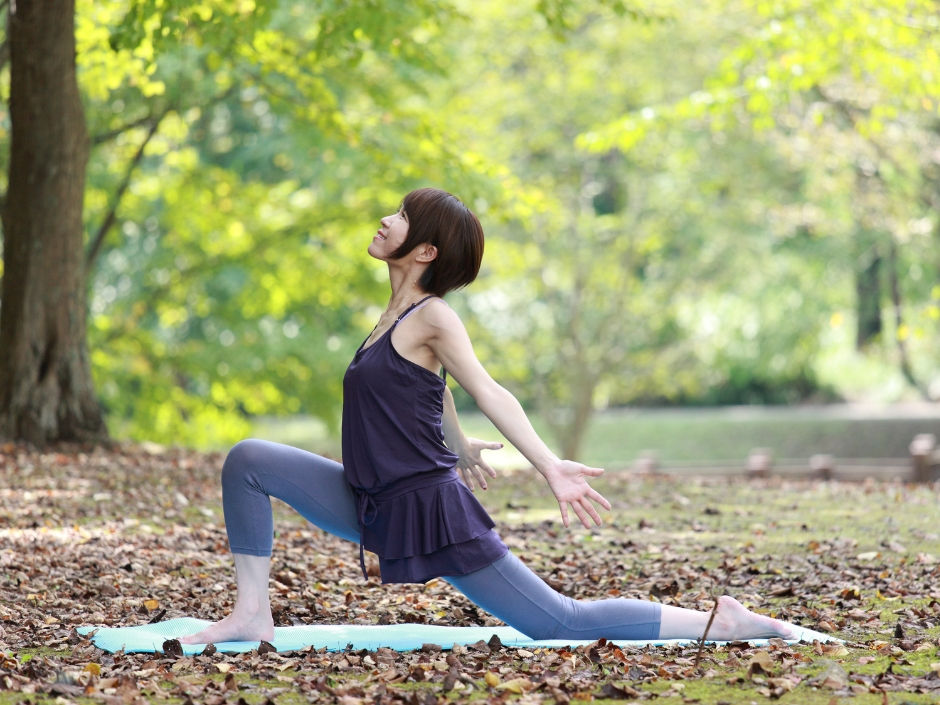Menopause Around the World: Australia—From Silence to Strength Down Under
- Victoria Harris
- May 19
- 3 min read
Updated: Jun 5

Australia is often known for its laid-back lifestyle, its outdoor culture, and its commitment to wellness. Yet, when it comes to menopause, the experience for many women remains shrouded in silence.
Despite significant progress in some areas of women’s health, menopause has historically been a taboo topic—rarely discussed openly or supported by mainstream healthcare systems.
But that’s changing. Fast.
In the last edition of Menopause Around the World, we explore how Australian women are breaking the silence, pushing for better healthcare, and reshaping how menopause is viewed in a country where outdoor living and mental toughness are celebrated—but women’s health issues often go overlooked.
Menopause in a Land of Endless Sunshine—and Still a Lack of Support
Despite Australia’s excellent reputation for healthcare, many women still struggle to find the menopause support they need. Unlike in some European countries, where menopause care is integrated into national health systems, Australia has no national strategy for menopause care.
Instead, women often experience a patchwork approach:
General practitioners (GPs) typically lack specialized knowledge of menopause, and many women report being given quick fixes like antidepressants or told their symptoms are just part of getting older.
Hormone Replacement Therapy (HRT) is available but prescriptions are often based on outdated guidelines.
Private healthcare options exist, but they’re often out of reach for many women, especially those in rural areas where access to menopause specialists can be scarce.
In a country known for outdoor fitness, active living, and wellness culture, it’s surprising how little focus is placed on the natural hormonal shifts women experience in their 30's, 40s and 50s.
The Rise of the Menopause Movement: Women Lead the Charge - and i am one of them!
Australia is witnessing a powerful grassroots movement driven by women who are tired of being ignored and ready to take control of their health.
Increasingly, women are speaking out—on social media, in books, through podcasts, and in public forums. Celebrity advocates like Samantha Harris and Lisa Wilkinson are bringing menopause into the public spotlight.
Key trends emerging in Australia include:
Menopause-specific programs and wellness retreats: Women are starting to turn to holistic health approaches such as mindfulness, yoga, and nutrition programs that support hormonal health.
Education through digital platforms: Apps, blogs, and social media are increasingly sharing knowledge about managing menopause, from symptom tracking to finding the right healthcare provider.
Corporate wellness programs: Companies like BHP and Westpac are incorporating menopause support into their employee health programs, offering paid leave for symptom relief and information on menopause-friendly practices.
Yet, the work is far from done. While awareness is growing, there’s still a need for broader access to scientifically baked education and resources.
Indigenous Perspectives and the Cultural Divide
Australia is home to a rich diversity of cultures, with Indigenous Australian women experiencing menopause in ways that may differ significantly from mainstream practices.
For Indigenous women, menopause can be linked to cultural rites of passage, often passed down through oral traditions. But these traditions are at risk of being lost as modern medicine replaces traditional healing practices. Indigenous elders have long used herbal medicine and ritual to ease the transition, but the loss of language and cultural continuity presents challenges.
For many women in these communities, access to culturally competent healthcare is a significant barrier—one that government and private sectors are starting to recognize as an issue that requires sensitive and inclusive solutions.

What We Can Learn
Australia’s menopause experience is a reminder of the importance of cultural openness, scientific progress, and community-led change. Here are a few takeaways:
Advocacy is key: Just like in the U.S., visibility and awareness empower women to demand better healthcare.
Integration is essential: Holistic approaches, combining both conventional and alternative practices, should be embraced to support women’s emotional, physical, and social needs during menopause.
There’s power in education: Programs, retreats, and resources that empower women to understand their own bodies and health are helping shift the conversation.
Australia’s movement towards menopause education is still evolving, but its rise in visibility points to a future where open dialogue, better healthcare, and empowered women are the norm—not the exception. 👉 Want practical, natural strategies for your own menopause journey? Download my free guide here!



